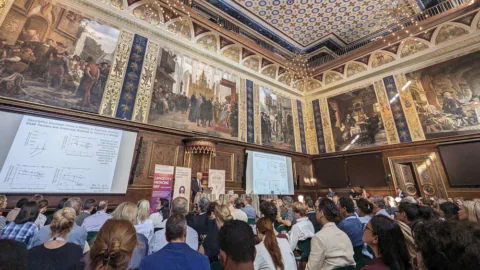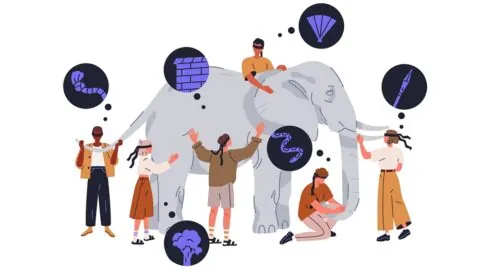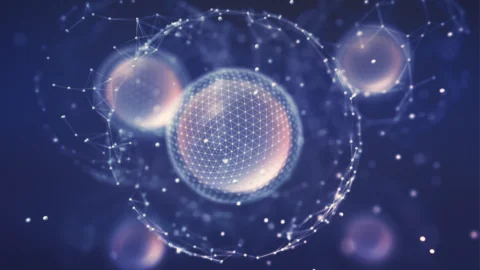September 26, 2023
Once a year, Copenhagen becomes a Mecca for the longevity community. Hundreds of people flock to the picturesque Danish capital to attend the Aging Research and Drug Discovery Meeting (ARDD) for five full days of talks by geroscientists and biotech leaders, mingling and networking with like-minded longevity enthusiasts, and not-so-healthy late night-outs. ARDD is organized...
September 18, 2023
In the Proceedings of the National Academy of Science, Dr. Jesse Poganik and Prof. Vadim Gladyshev of Harvard Medical School have presented an opinion proposing a consensus understanding of aging. A problem of focus and funding The authors lament a lack of focus and funding in the field of gerontology, noting that a full 60%...
September 05, 2023
The Biomarkers of Aging Consortium, an initiative uniting about 200 geroscientists around the goal to inform and guide the use of biomarkers of aging, has put out its first paper [1]. The need for biomarkers Since studies with lifespan as their endpoint can take a prohibitively long time, especially in humans, the importance of reliable...
August 20, 2023
The Journal Club for August returns live to the Lifespan.io Facebook channel on September 5th at 12:00 Eastern hosted by Dr. Oliver Medvedik. This time we are taking a look at a paper where researchers have transfered a lifespan and healthspan boosting mechanism from the naked mole rat, a very long lived rodent, to mice....
July 18, 2023
A team led by renowned Harvard geroscientists David Sinclair and Vadim Gladyshev has reported successful chemically induced partial cellular reprogramming in vitro. The researchers have also developed a novel cellular rejuvenation assay [1]. Smaller than proteins Complete cellular reprogramming using the Yamanaka factors was first accomplished more than ten years ago [2]. Those four proteins,...
July 08, 2022
Vadim Gladyshev is a Professor of Medicine at Brigham and Women's Hospital and Harvard Medical School, and he is one of the most prominent figures in geroscience today. We discussed various competing hypotheses on the nature of aging, the lack of the unified theory of aging and the need for one, and several fascinating papers...








